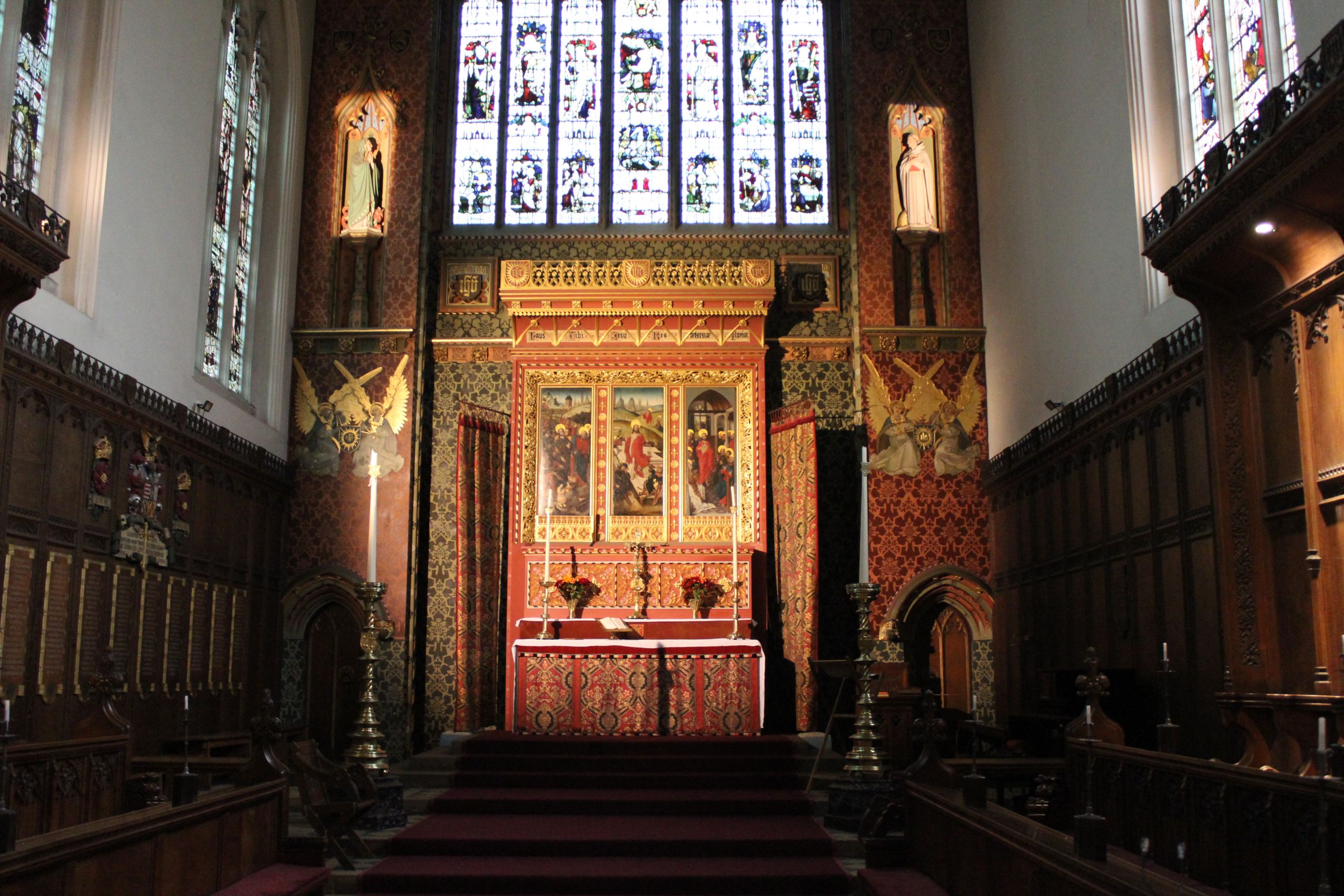Dr Christopher Collins (1968)
1950-2024

Dr Christopher Martin Priestley Collins
Christopher came up to Queens’ to read Medicine in 1968, and having chosen History of Art as his third-year subject, he went on to complete his medical training at St Thomas’s in London. He returned to Cambridge in 1974, with the rest of his scattered cohort, to sit his Finals, which is when I met him. Throughout his professional life his interests remained wide-ranging: music as well as art (after qualifying as a doctor he spent a year working with the concert lighting crew Avolites, which was run by a close friend), screen-printing and carpentry. He read widely.
In 1978 Christopher went to Mozambique, a country just emerged from a gruelling struggle for independence and desperately in need of qualified medical workers, where he worked alongside Russian, Italian and Swedish doctors in Lichinga, capital of the northern province of Niassa. He learned the local language, Jauá, so as to be able to understand and talk to the patients who had often walked for days through the bush to get to the hospital. He saw cases of TB, dysentery, malaria, sleeping sickness. He then moved to Nampula, the regional capital, where he taught – in Portuguese – the first generation of Mozambique-trained health workers.
Christopher returned to London to the department of pathology at University College Hospital. He loved the intellectual aspects of the discipline, the how and the why of diseases, their intricate behaviours. In 1986 he moved to Bristol with his family to a post as consultant histopathologist at the Bristol Royal Infirmary and senior lecturer at the University of Bristol, where he taught veterinary as well as medical students. He was an enthusiastic and gifted teacher, remembered by a whole generation of vets and doctors. He became particularly interested in bone tumours and set up the Bristol Bone Tumour Registry, through which he worked closely with colleagues in Glasgow, Birmingham and London.
Christopher was 74 when he died. His mother had come to live with us twelve years previously; he looked after her in his retirement, he read voraciously, he enjoyed the company of his two granddaughters, and he was delighted by the arrival, a month before he died, of a third granddaughter.
Christopher (second from right) with his Russian colleagues, Lichinga Hospital, Mozambique, 1979
Christopher (second from right) with his Russian colleagues, Lichinga Hospital, Mozambique, 1979
